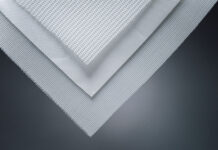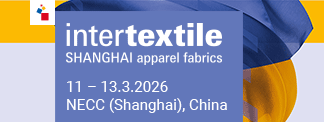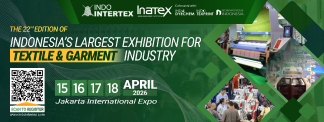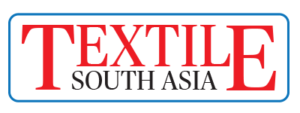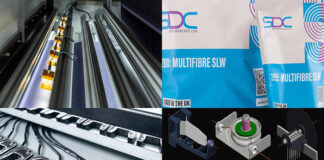In October 2022, the Rieter Group, in conjunction with the Johann Jacob Rieter Foundation, announced its support for an Endowed Professorship in Industrial Artificial Intelligence at the ZHAW School of Engineering. Dr. Alisa Rupenyan will assume the new Professorship on September 1, 2023. She will advance teaching and research in neuro-symbolic approaches for industrial applications of artificial intelligence.
Since 2018, Dr. Alisa Rupenyan has been leading a research group for Advanced Control and Automation at Inspire AG. This company is the strategic partner of ETH Zurich for knowledge and technology transfer in the field of production engineering. In this capacity, she manages research projects on process optimization, industrial control, and machine learning for applications closely related to manufacturing. She is also the Chief Scientist at the Automatic Control Laboratory of ETH Zurich and an expert at the Swiss innovation agency, Innosuisse. Previously, as Head of Application Development, she designed industrial sorting solutions at QualySense AG, a Swiss startup in the field of robotics and agricultural technology. After completing a Master’s degree in Laser Physics at the University of Sofia in Bulgaria, Dr. Alisa Rupenyan received her PhD from Vrije Universiteit Amsterdam, followed by a two-year Postdoctoral Fellowship at ETH Zurich.
The new Endowed Professorship at the Center for Artificial Intelligence at the ZHAW School of Engineering is specifically dedicated to the development and application of principle-based, neuro-symbolic-inspired learning in relation to processes in production and service. These processes combine machine learning with knowledge-based systems. Basic and advanced modules will also be offered for the Bachelor of Science in Information Technology and Data Science as well as for the Master of Science in Engineering. A separate research group is being created for this purpose.
As already announced in October 2022, the Professorship will be financed in equal parts by the Rieter Group and the Johann Jacob Rieter Foundation over a period of six years, with an annual contribution of CHF 300 000. For Rieter, the commitment is related to the implementation of its technology leadership strategy. The contribution of the Johann Jacob Rieter Foundation to sponsoring the Professorship is in the spirit of the Winterthur Cluster Initiative.




